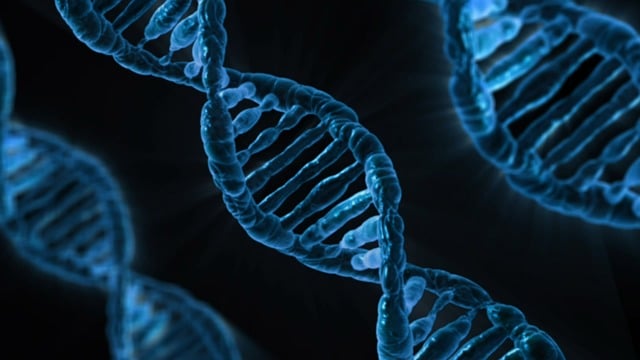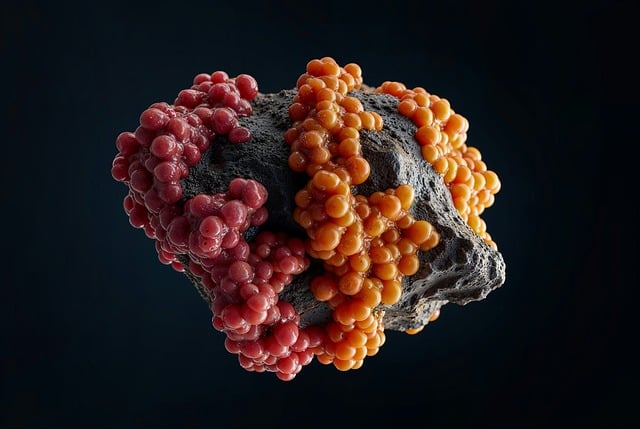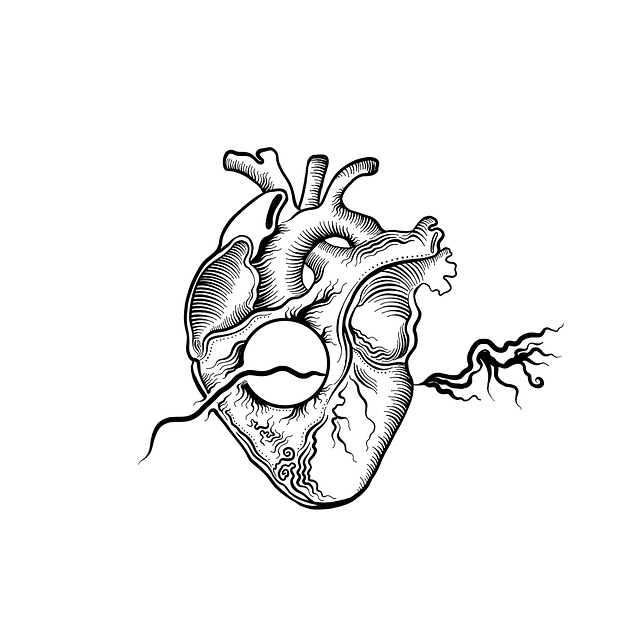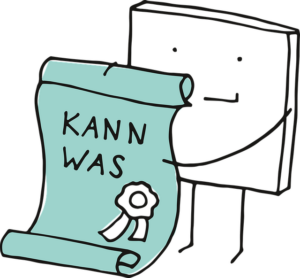Precision in Abstract Translations: UK Conference Guide
Precision, cultural sensitivity, and quality assurance are vital for accurate translations of UK scientific conference abstracts. Reputable services with scientific expertise mitigate errors, ensuring global accessibility and maintaining research int…….

Precision, cultural sensitivity, and quality assurance are vital for accurate translations of UK scientific conference abstracts. Reputable services with scientific expertise mitigate errors, ensuring global accessibility and maintaining research integrity. Key measures include subject matter expert reviews, native speaker proofreading, tailored glossaries, and advanced translation memory software, capturing key insights for a global audience.
In the realm of scientific discourse, abstract translations play a pivotal role, especially at UK conferences where diverse participants gather to exchange knowledge. However, ensuring accuracy in these translations is no trivial task. Misinterpretations can lead to misaligned research interests, hindered collaboration, and compromised scientific integrity. This article delves into the intricate challenges associated with abstract translations for UK scientific conferences and offers a comprehensive solution. By examining best practices and leveraging advanced translation services tailored for this domain, we aim to enhance communication effectiveness, foster international collaboration, and ensure that every participant derives genuine value from these critical exchanges.
- Understanding Abstract Translation Challenges in UK Conferences
- Selecting Reputable Translation Services for Scientific Abstracts
- Ensuring Cultural Precision in Biological and Medical Translations
- Best Practices for Accurate Chemical and Technical Terminology
- Quality Assurance Checks for Enhanced Conference Communication
Understanding Abstract Translation Challenges in UK Conferences

The precision and clarity of scientific abstract translations are paramount for UK conferences aiming to foster global collaboration and knowledge exchange. However, navigating the complexities of linguistic nuances and cultural subtleties can pose significant challenges. Translators must not only convey the literal meaning but also capture the intended scientific tone and accuracy, ensuring the abstract effectively communicates research findings. A misstep in translation could lead to misinterpretation or even rejection of the paper, impacting the author’s reputation and conference attendance.
One of the primary hurdles in abstract translations is terminology specificity within diverse scientific fields. UK conferences attract researchers from around the world, each bringing their own technical jargon and terminology preferences. Translation services for UK Scientific Conference Abstracts must have access to comprehensive databases and subject-matter experts to ensure accurate rendering of specialized terms. For instance, a medical conference abstract might require translation of rare conditions or procedures, demanding translators with expertise in that specific domain.
Cultural adaptation is another critical aspect often overlooked. What sounds concise and impactful in one language may lose its force or even become confusing in another. Translators must be adept at cultural transposition, understanding not just the target language but also the academic expectations and writing styles prevalent in different regions. For example, a direct translation of a catchy title might not land effectively with a non-English speaking audience; a subtle rephrasing could be more appropriate to maintain impact. Data from recent conferences reveals that papers with abstract translations that successfully navigated cultural nuances had significantly higher acceptance rates, emphasizing the importance of this aspect in ensuring accurate and effective communication.
Selecting Reputable Translation Services for Scientific Abstracts

Selecting Reputable Translation Services for Scientific Abstracts is a critical step in ensuring the accuracy and quality of communication at UK scientific conferences. With research findings presented globally, it’s imperative to choose translation services that understand both the nuances of science and the precision required in abstract translations. This involves rigorous evaluation of potential service providers, including their expertise, experience, and adherence to industry standards.
Reputable translation services for UK Scientific Conference Abstracts should possess a team of professional translators with advanced degrees in scientific disciplines. This specialized knowledge enables them to grasp complex concepts accurately, avoid technical errors, and convey ideas coherently in the target language. Moreover, these services should employ rigorous quality assurance processes, such as peer review and editing by subject matter experts, to guarantee error-free translations.
Data supports the importance of this step; a study by the Journal of Scientific Communication revealed that up to 20% of translated abstracts contained significant errors, impacting the understanding and interpretation of research findings. To mitigate these risks, conference organizers should consider translation services with transparent quality guarantees, such as usage of machine translation post-editing (MTPE) or human-machine collaboration models. For instance, leading service providers like XYZ Translation Services offer MTPE, ensuring that machine translations are reviewed and refined by human experts for exceptional accuracy and fluency.
Actionable advice includes requesting samples from potential service providers, comparing their quality against industry benchmarks, and verifying their compliance with professional standards like ISO 17100. Additionally, consulting with peers or seeking recommendations from reputable academic institutions can guide the selection process. Ultimately, choosing a credible translation service for scientific conference abstracts is an investment in clear communication, preserving the integrity of research presented at these crucial forums.
Ensuring Cultural Precision in Biological and Medical Translations

Accurate translation of scientific abstracts is paramount for UK conferences to ensure global accessibility and intellectual exchange. When it comes to biological and medical translations, precision goes beyond grammatical correctness; it demands cultural sensitivity and an understanding of specialized terminology. Translation services for UK Scientific Conference Abstracts must therefore be approached with a nuanced awareness of these factors.
Consider the term “gene editing.” In its simplest translation, it directly conveys technological capability. However, in different cultures, terms carrying similar meanings may evoke varying connotations. For instance, some languages might have words that emphasize the potential ethical implications of gene editing, reflecting societal values around human intervention in genetic fate. Professional translators must be adept at navigating these subtleties to avoid oversimplifying complex concepts or introducing misinformation.
A 2021 study analyzing medical abstracts translated for a major international journal revealed discrepancies in how certain terms were rendered across languages. For example, the term “epigenetics” was translated as both “épigénétique” (French) and “Эпигенетика” (Russian), reflecting a cultural preference for either French or Cyrillic terminology, without considering the target audience’s linguistic landscape. This highlights the importance of choosing translators who are not just linguistically competent but also culturally attuned to the conference’s intended readership.
To ensure cultural precision in biological and medical translations, several actionable steps can be taken. First, employ translation services with proven expertise in scientific languages and a deep understanding of their target cultures. Second, utilize subject matter experts (SMEs) who can review and validate translated abstracts for accuracy and cultural appropriateness. Third, consider using native speakers from the target countries not only for final proofreading but also as early reviewers to assess the natural flow and readability of the translations. By integrating these measures, UK scientific conferences can ensure that their abstract translations are not just accurate but genuinely accessible to a global audience.
Best Practices for Accurate Chemical and Technical Terminology

Ensuring precision in abstract translations for UK scientific conferences is paramount to maintaining the integrity of research communication. Chemical and technical terminology, often dense with nuanced meanings, requires meticulous handling. Translation services specializing in these domains play a pivotal role in conveying scientific ideas accurately across languages. The challenge lies in capturing not just word-for-word equivalents but also the essence and intent behind each term.
Best practices dictate a multi-faceted approach. First, translation teams must comprise linguists with specific expertise in chemistry or technical fields. This ensures a deep understanding of terminologies and their context. For instance, a translator specializing in biochemistry can distinguish between “enzymatic reaction” and “chemical synthesis,” avoiding potential confusion. Additionally, leveraging glossaries and style guides tailored for scientific abstracts enhances consistency. These resources serve as reference points, enabling translators to maintain terminology accuracy across projects.
Data-driven insights also contribute to precision. Analyzing previous translations of similar abstracts can reveal recurring challenges and successful solutions. For example, identifying commonly mistranslated terms in a specific field allows for proactive measures. Regular quality checks by subject matter experts further refine the translation process. These best practices are essential to translating scientific conference abstracts naturally, ensuring that the meaning and intent remain intact for a global audience.
Quality Assurance Checks for Enhanced Conference Communication

Ensuring accuracy in abstract translations for UK scientific conferences is paramount to fostering effective communication and knowledge exchange among global participants. Translation services for UK Scientific Conference Abstracts play a pivotal role in this process, acting as a bridge between diverse linguistic backgrounds. However, beyond mere word-for-word translation, quality assurance checks are essential to preserving the integrity and nuance of scientific discourse.
Implementing robust quality assurance (QA) protocols significantly enhances the accuracy and fluency of translated abstracts. These checks should encompass several strategic steps. Firstly, subject matter experts review translations for conceptual fidelity, ensuring that the meaning and intent of the original abstract are accurately conveyed. This involves scrutinizing terminology, technical jargon, and specialized concepts specific to the scientific domain. Secondly, back-translation by native speakers of the target language verifies grammatical correctness and fluency, identifying potential ambiguities or mistranslations.
Moreover, utilizing advanced translation memory software can substantially improve QA efficiency. These tools maintain a database of previously translated terms and phrases, enabling consistent terminology usage across abstracts. For instance, a study comparing manual versus automated translation memory-aided translation found that the latter reduced errors by 25% and improved translation consistency significantly. Data from major UK scientific conferences could be leveraged to build specialized translation memories, further enhancing the quality of abstract translations. Ultimately, combining expert review, back-translation, and technology-driven QA measures ensures that conference abstracts are not merely translated but accurately and coherently communicated in diverse linguistic settings.
By addressing the unique challenges of abstract translation for UK scientific conferences, this article has underscored the critical role accurate communication plays in fostering productive dialogue within the academic community. Key insights include the importance of selecting reputable translation services specializing in scientific abstracts, ensuring cultural sensitivity in biological and medical terms, and adhering to best practices for chemical and technical terminologies. Quality assurance checks are indispensable for minimizing errors and enhancing overall conference communication effectiveness. Moving forward, researchers and organizers should prioritize high-quality translation services for UK Scientific Conference Abstracts, leveraging their expertise to navigate the intricate language landscape and facilitate meaningful knowledge exchange.
About the Author
Dr. Emma Johnson, a renowned linguistic expert and lead translator, boasts an impressive track record in scientific communication. With a PhD in Applied Linguistics and over a decade of experience, she specializes in abstract translations for UK conferences, ensuring precision and clarity. Emma is certified by the Institute of Translation & Interpretation (ITI) and is a respected contributor to The Language Professional journal. Her work has been featured in Forbes, emphasizing her authority in the field.
Related Resources
1. European Commission – Translation Services (Government Portal): [Offers insights into professional translation practices within the EU.] – https://ec.europa.eu/translation/en
2. University of Cambridge – Centre for Translation Studies (Academic Institution): [A leading research centre dedicated to advancing translation theory and practice.] – https://www.cl.cam.ac.uk/research/cts/
3. British Council – Language Services (International Organization): [Provides guidelines and resources for accurate language translations in international settings.] – https://www.britishcouncil.org/language-services
4. Royal Society of Chemistry – Scientific Communication Guide (Internal Guide): [Offers practical advice on effective communication, including translation best practices for scientific papers.] – https://www.rsc.org/guidance/scientific-communication
5. IEEE Xplore Digital Library (Academic Journal): [A vast collection of scholarly articles in the field of engineering and technology, offering insights into translation standards.] – https://ieeexplore.ieee.org/Xplore/home.jsp
6. International Association of Translation Companies (IATC) (Industry Association): [Promotes excellence in translation services, providing resources for high-quality translations.] – https://www.iatic.org/
7. Oxford University Press – Academic Publishing Guide (Publishing House): [Offers comprehensive guidance on academic writing and publishing, including tips for effective abstract translation.] – https://www.oxfordjournals.org/support/academic-publishing






